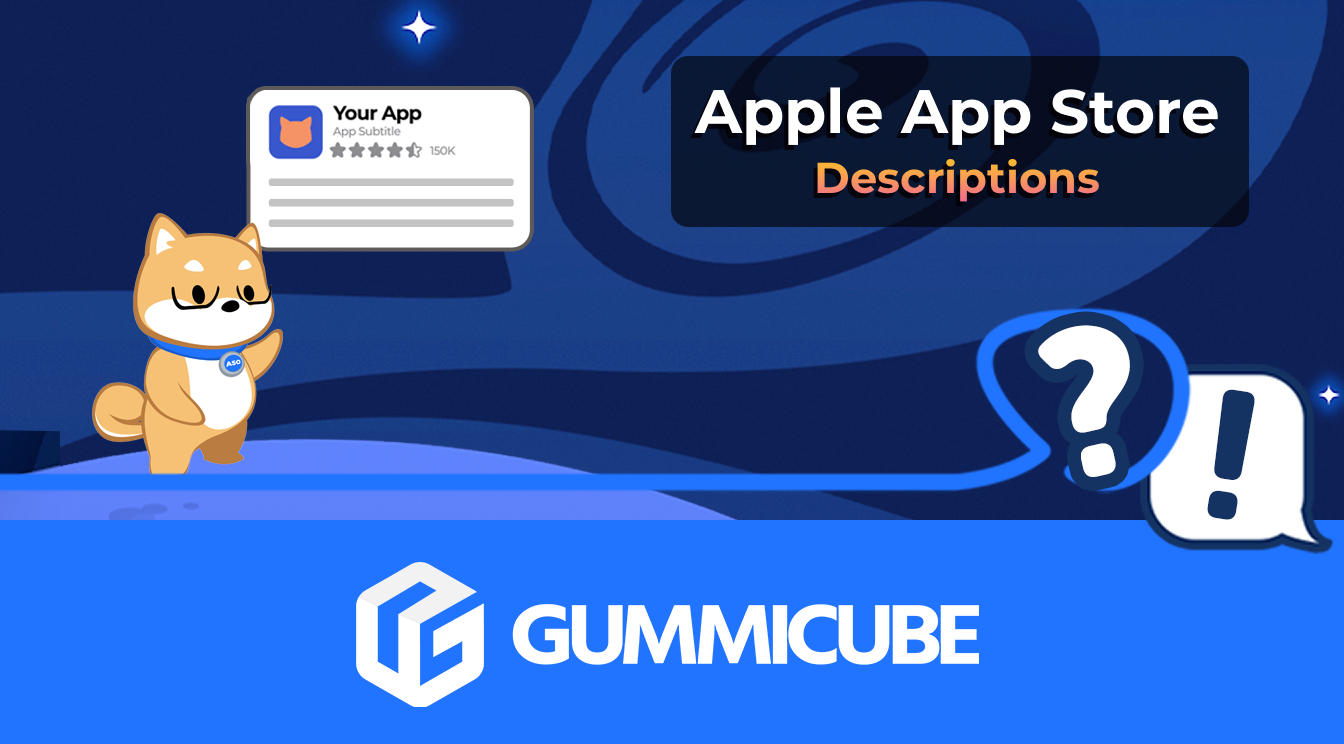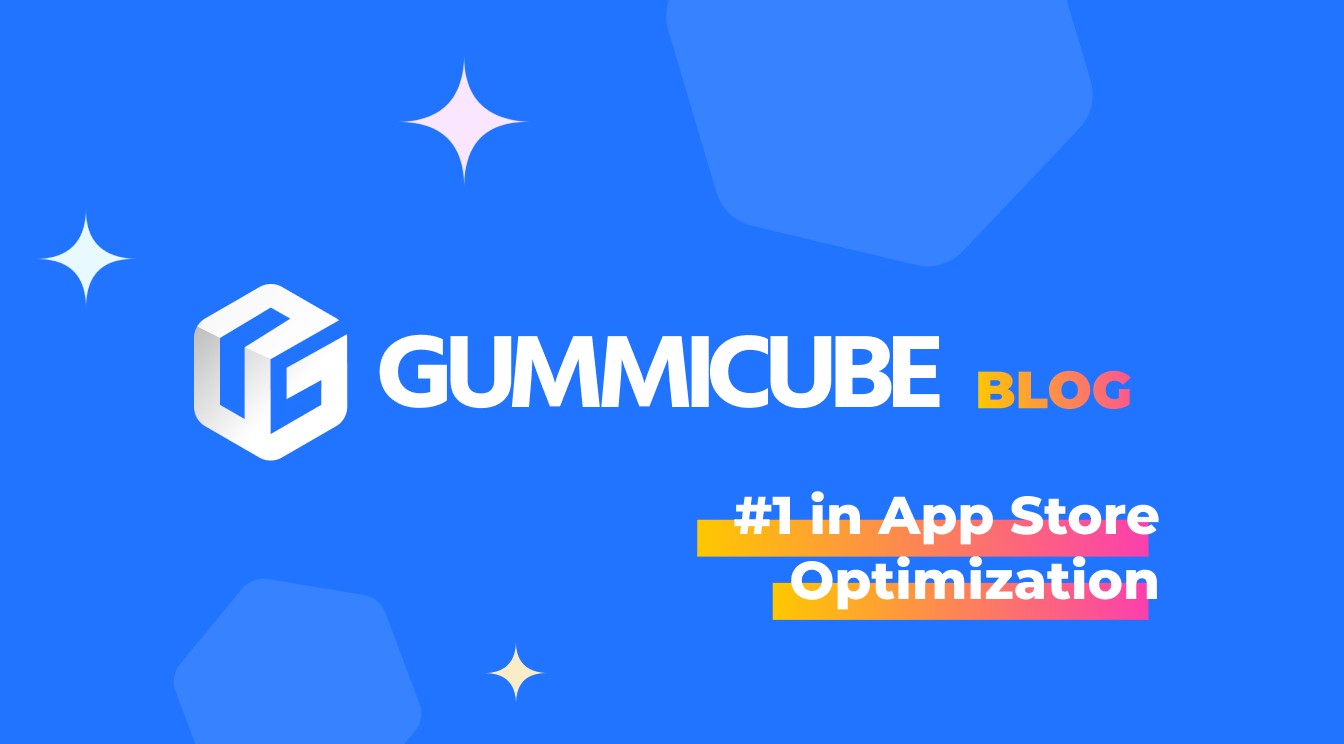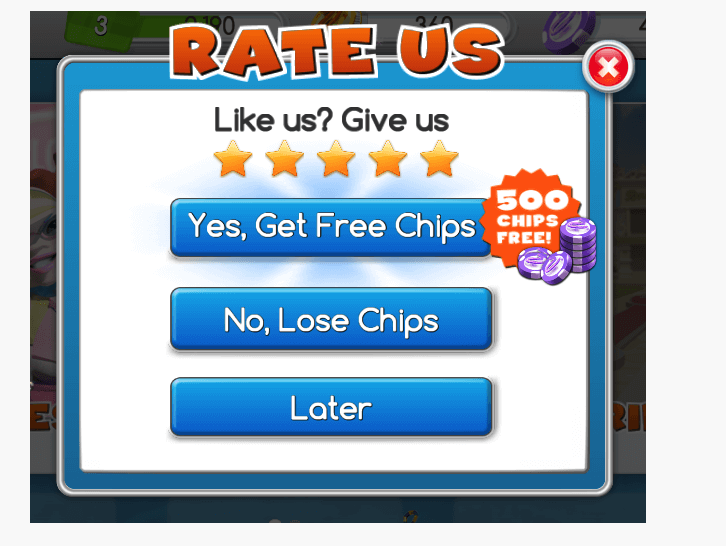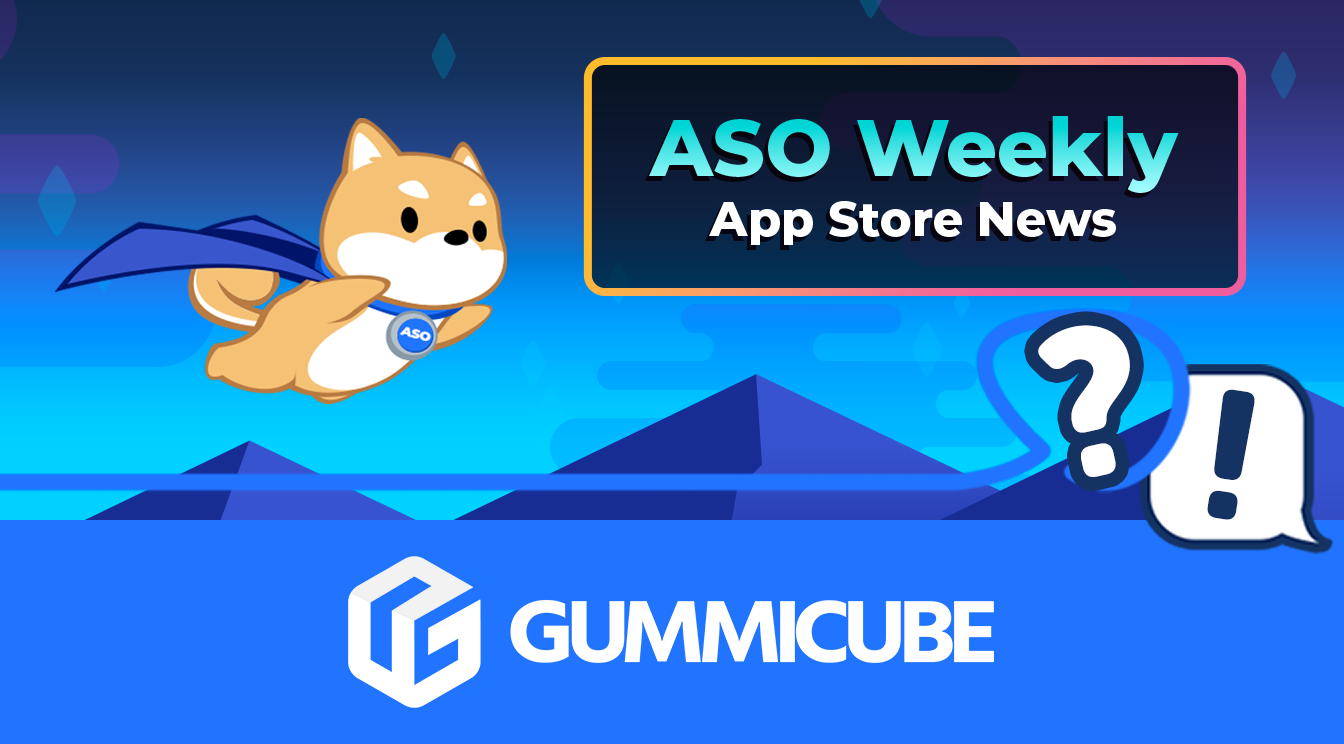
How to Write an Apple App Store Description
Posted on July 17th, 2024
Learn how to approach App Store descriptions the right way so you can effectively engage and convert users.

Any time there is an algorithm that determines where an object (website, book, mobile app, etc..) ranks for a specific search, there are ways to improve the object’s ranking. For example, a book on Amazon is much more likely to be ranked highly in a search if the title of the book contains the searched for words. Practices for optimizing a mobile app for the Google and Apple app store indexes fall into one of two camps - white hat or black hat.
For the uninitiated, “white hat” and “black hat” are terms used in marketing but stem from hacking computer security systems. White hat hackers hack security systems to test for flaws or otherwise ensure the security of an organization. Black hat hackers circumvent security for personal gain or general maliciousness. In marketing - and specifically optimization for ranking/visibility - white hat generally refers to approaches that are not against any laws, or rules and guidelines of the indexing entity (Google, Amazon, the app stores, Pinterest, etc...). Black hat - on the other hand - are approaches that do not follow the rules of the indexing entity, but may not be detectable or enforceable in the short-term. In general, black hat in marketing may appeal to some as cutting edge or a chance to jump ahead, but is rarely (never) a good long-term strategy. In web search, each new Google algorithm update addresses black hat tactics and penalizes the websites and urls significantly. In the app stores, Apple and Google can simply remove your app or worse, remove the entire developer portfolio and profile. It is simple not worth attempting to game the app store rankings system with black hat techniques as the risks far outweigh the rewards.
So what are some black hat app store optimization techniques we should be wary of? Automating ratings and reviews You build, or hire a service that scrapes reviews from other apps,
reformats the reviews and automates posting ratings and reviews in Google Play and in the Apple App Store. Carter Thomas over at Blue Cloud wrote up a nice analysis of what appeared to be automated reviews on the smash hit Flappy Bird. Here is a sample of what Carter found and shared (go see his post to see a few more):  Examples pop up from time to time, where there are seemingly random reviews or reviews that don’t align with the rating. Large fluctuations in the app stores are often linked to Apple and Google scrubbing out offenders like the above.
Examples pop up from time to time, where there are seemingly random reviews or reviews that don’t align with the rating. Large fluctuations in the app stores are often linked to Apple and Google scrubbing out offenders like the above.
On fiverr, Upwork and across the web, there are offers for bulk app reviews.
Not unlike "Get 1,000 Twitter followers for $10" but far more damaging.  Enough said. Apptentive is a service for engaging users and prompting reviews naturally in the app.
Check out their thoughts on fake reviews.
Enough said. Apptentive is a service for engaging users and prompting reviews naturally in the app.
Check out their thoughts on fake reviews.
Because downloads, ratings/reviews and velocity impacts search rankings and placement in the top app charts,
why not give away a few smurfberries in exchange for a rating or for installing another app in your portfolio? Apple recognized that ads that included a virtual good as a reward for installing an app
meant that apps were being installed and immediately deleted as users performed actions for the reward and had no interest otherwise. Likewise, rewarded ratings and reviews seemed too much like rewarding "good" reviews so Apple banned rewarded reviews as well.  The process for a user to rate or review an app is ugly, so incentivizing seemed like a good deal for all parties - publishers, users and the app stores. Apple and Google disagree and are solving this issue another way, by using conversion and engagement metrics as stronger indicators of an app's relevance to a search than the quantity or quality of the ratings.
The process for a user to rate or review an app is ugly, so incentivizing seemed like a good deal for all parties - publishers, users and the app stores. Apple and Google disagree and are solving this issue another way, by using conversion and engagement metrics as stronger indicators of an app's relevance to a search than the quantity or quality of the ratings.
White hat strategies for ASO continue to provide the most long-term benefits and include a lot of what we talk about on this blog.
See our guides for Apple ASO and Google Play ASO for specific best practices for ranking higher and converting more relevant users in the app stores, without the risk of penalties or worse. Remember that the app stores are closed marketplaces, and are booming. The review teams and Apple and now Google are busy, and the reward for those who follow their rules is high enough, that both Apple and Google have little tolerance for developer and publishers who push the envelope well past their respective policies.

Learn how to approach App Store descriptions the right way so you can effectively engage and convert users.

Learn how to grab your audience's attention through effective and engaging app store preview videos.

Welcome to this week’s ASO Weekly - The App Store halts gambling ads amidst outcry and the Apple takes a bite out of NFT app sales.